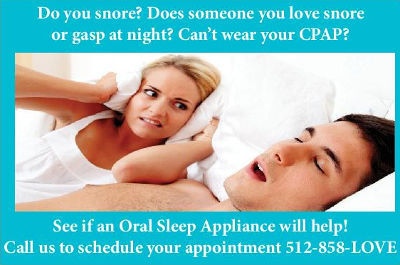Sleep Apnea – It’s not a joking matter!
- Andrea White
- May 15, 2018
- 2 min read

Obstructive sleep apnea is a potentially serious sleep disorder. It causes breathing to repeatedly stop and start during sleep.There are several types of sleep apnea, but the most common is obstructive sleep apnea. This type of apnea occurs when your throat muscles intermittently relax and block your airway during sleep. A noticeable sign of obstructive sleep apnea is snoring but not everyone who snores has sleep apnea.
Here are the symptoms
Excessive daytime sleepiness
Loud snoring
Observed episodes of breathing cessation during sleep
Abrupt awakenings accompanied by gasping or choking
Awakening with a dry mouth or sore throat
Morning headache
Difficulty concentrating during the day
Experiencing mood changes, such as depression or irritability
High blood pressure
There is a test that measures a person’s “average sleep propensity”. It is called the Epworth Sleepiness Scale. You can google this test and see where you are on the Sleepiness Scale. If you score moderate to severe on the scale, it may be worth consulting your doctor and getting a sleep study.
Consult a medical professional if you experience, or if your partner observes, the following:
Snoring loud enough to disturb your sleep or that of others
Waking up gasping or choking
Intermittent pauses in your breathing during sleep
Excessive daytime drowsiness, which may cause you to fall asleep while you're working, watching television or even driving a vehicle
Obstructive Sleep Apnea is a serious condition. Sudden drops in blood oxygen levels that occur during obstructive sleep apnea increase blood pressure and strain the cardiovascular system. Many people with obstructive sleep apnea develop high blood pressure (hypertension), which can increase the risk of heart disease. The more severe the obstructive sleep apnea, the greater the risk of coronary artery disease, heart attack, heart failure and stroke.
Treatments for obstructive sleep apnea are available.
CPAP – Continuous Positive Airway Pressure machine– this refers to the pressurized air that is delivered through a special delivery system which utilizes a mask.
Oral Sleep Appliance - is a mouthpiece to thrust your jaw forward during sleep. Many times dentists can file this under your medical insurance.
Surgery – may be an option in more severe cases.
My biggest advice is don’t down-play your snoring habit or your daytime sleepiness. Get it checked out. It may be as simple as getting a quick dental impression and wearing an oral sleep appliance. You and your partner will be glad you did!

















Comments